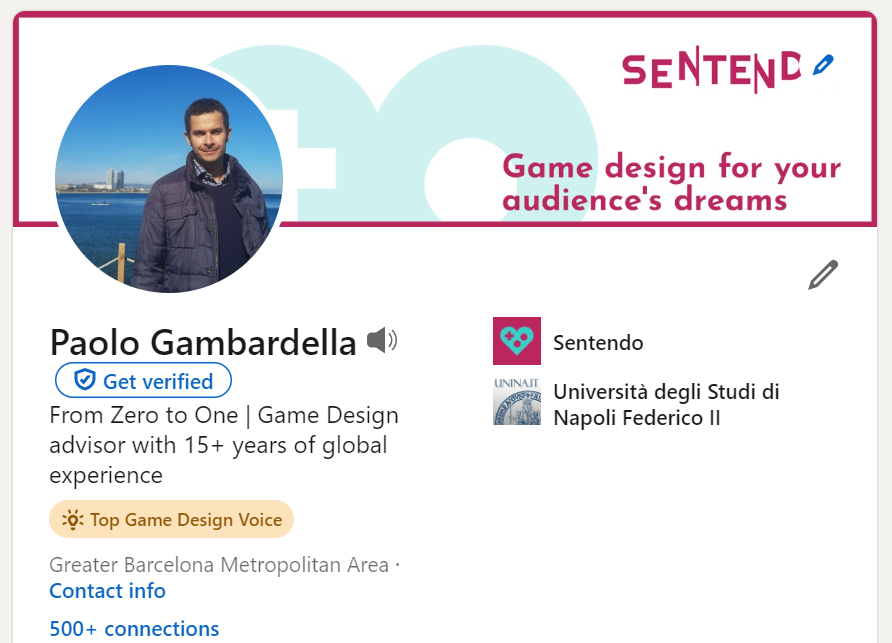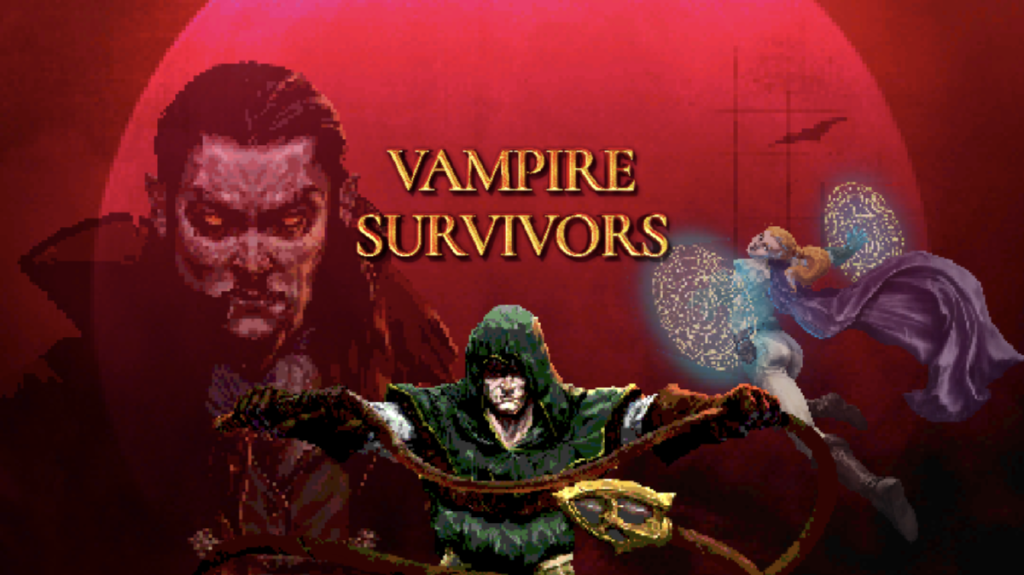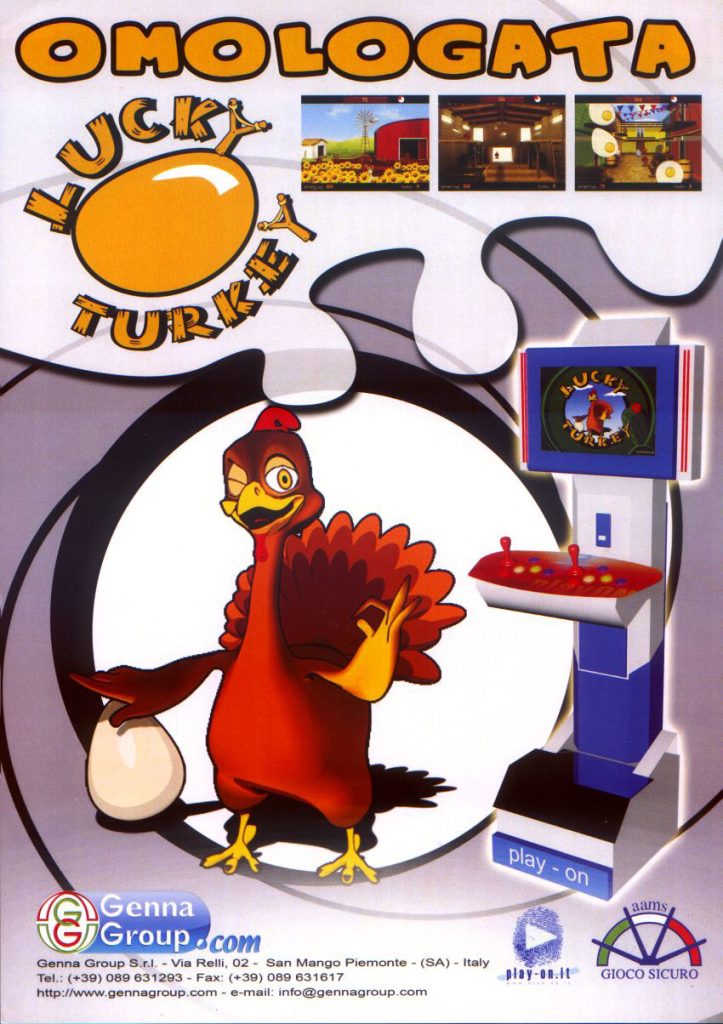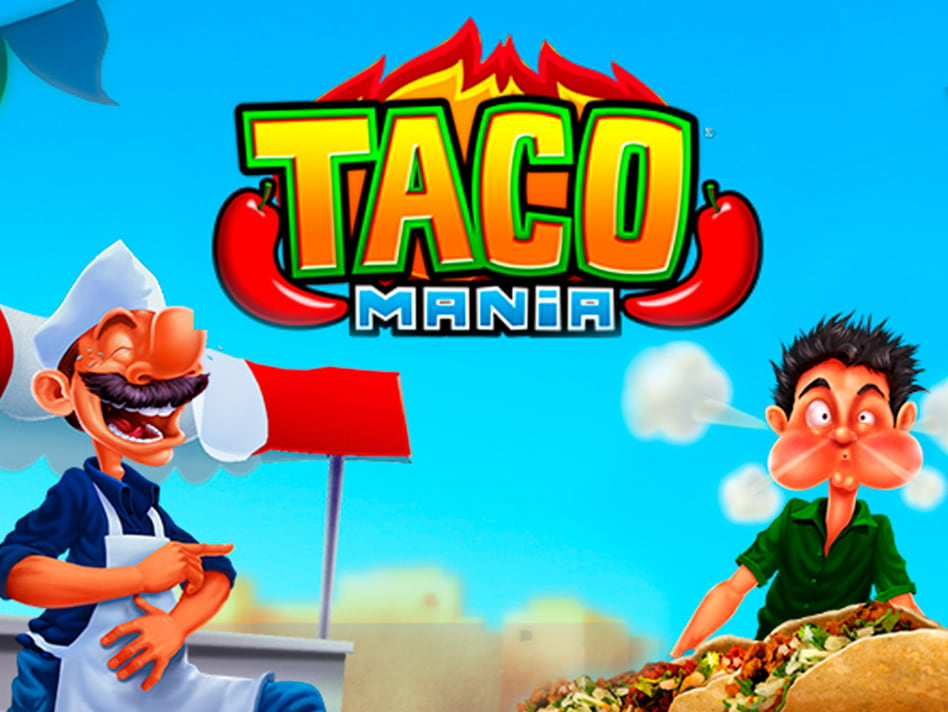There is a World crisis and our beloved games industry is not immune from that. 2024 just started and we are already seeing many people losing their jobs. Everyone is worried, someone wants to help with suggestions and experience.
One of the most common messages is “Have you lost your job? Build your own thing!”. I am not sure I agree with that statement. I have learned the hard way that you are either the artist or the entertainer.
In case you are an artist, you will tend to obsess with something. You can get lost in small details, but there is great news: you have the chance to become very wealthy. If you want to make money with games you should do your games.
In case you are (like myself) an entertainer, I am afraid that is better to work on projects made by others. Help them land down their visions. Facilitate the right tools to decide how the game will be. My bank account will never have seven figures like that, but hopefully, people will remember me as a great guy to work with.
Not any tips are good for us, the first thing is to understand who we are deeply. And to do that you need to try things out. Can I be an entertainer and an artist? Or, can I be 5 years an artist and 10 an entertainer? Who knows, maybe I can.





